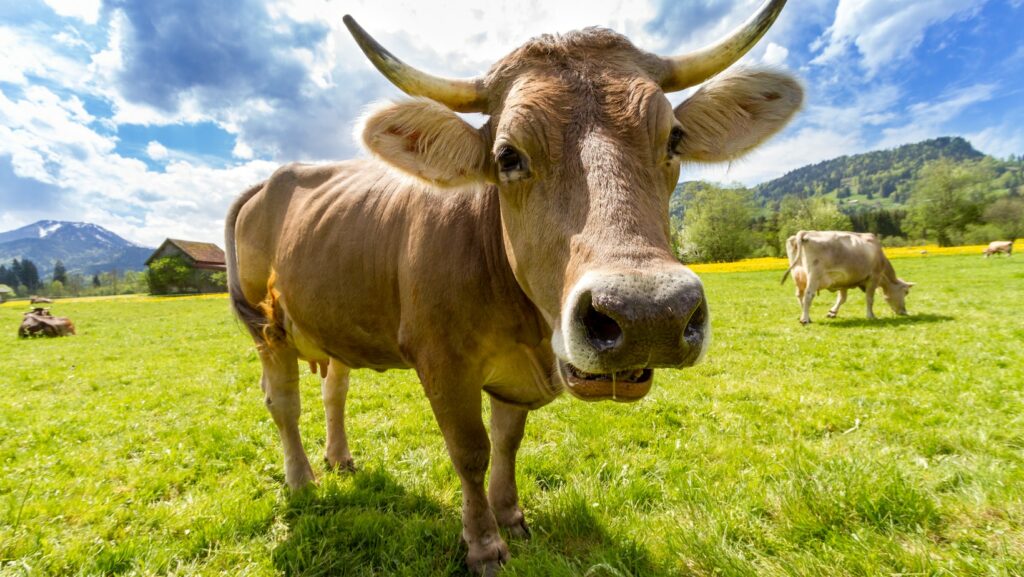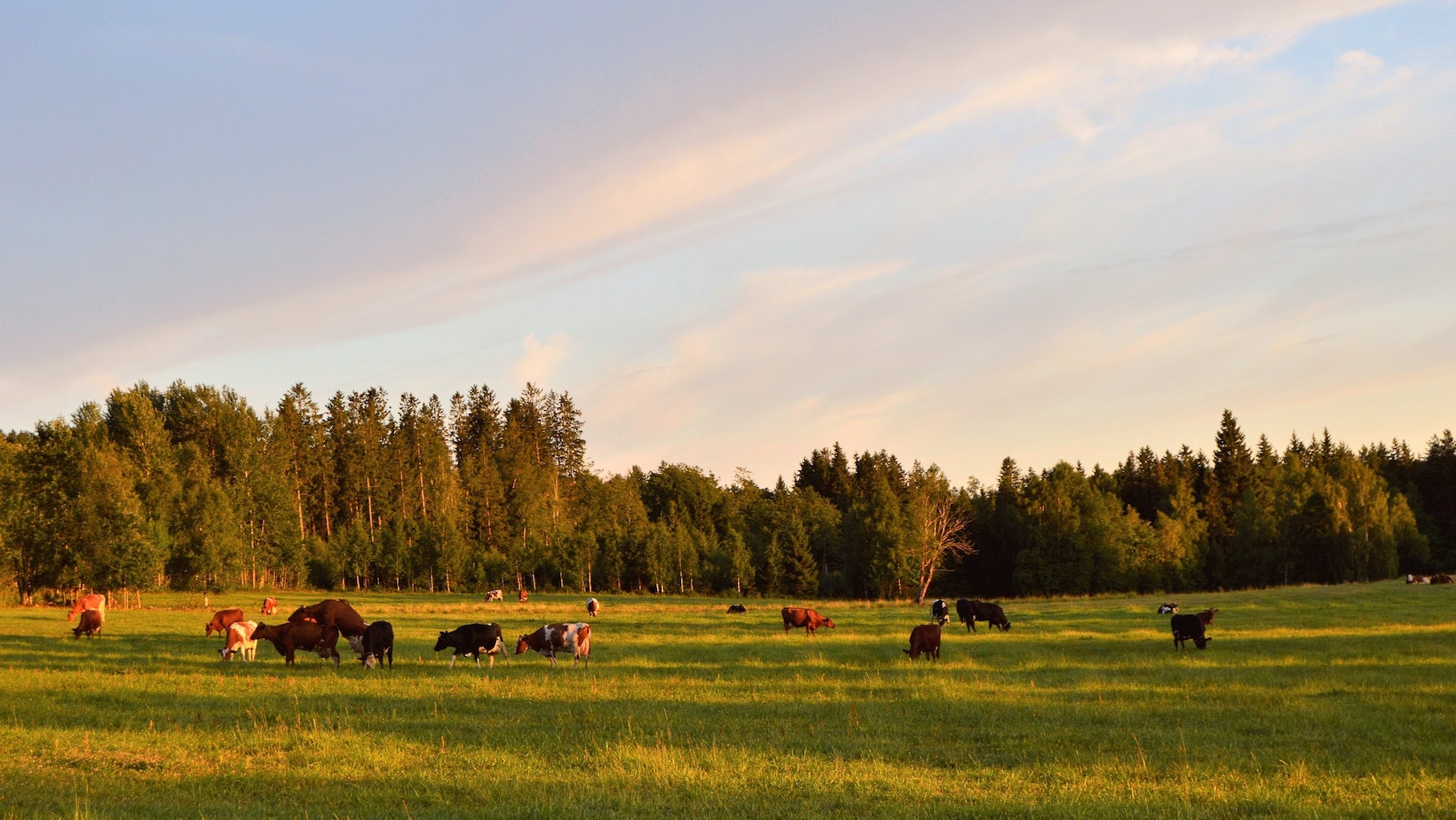
How to Invest in Wagyu Cattle: A Lucrative Opportunity for Meat Lovers
Investing in wagyu cattle can be a lucrative and rewarding venture for those looking to diversify their portfolio. But how exactly does one go about investing in these prized Japanese cattle? In this article, I’ll guide you through the process of how to invest in wagyu cattle, providing valuable insights and tips along the way.
How to Invest in Wagyu Cattle
To truly understand the world of investing in wagyu cattle, it’s important to delve into the fascinating history behind these prized animals. Originating from Japan, wagyu cattle have a rich heritage that dates back centuries. These cattle were initially bred as draft animals for agricultural work and later gained recognition for their superior meat quality.
The breeding and production of wagyu cattle in Japan have been carefully regulated to maintain their exceptional genetic traits. Traditional Japanese methods such as strict feeding regimes and individualized care contribute to the unique flavor and tenderness of wagyu beef. Over time, these techniques have been passed down through generations, ensuring that the legacy of this remarkable breed continues.
The Unique Characteristics of Wagyu Beef
When it comes to investing in wagyu cattle, it’s crucial to understand what sets their beef apart from others. One distinctive characteristic is the marbling found within the meat. Marbling refers to the intramuscular fat that is distributed throughout the muscle fibers, creating a buttery texture and unparalleled taste sensation.
Wagyu beef is renowned for its high percentage of monounsaturated fats, which are considered healthier than saturated fats found in other types of beef. This composition results in a lower melting point, leading to a melt-in-your-mouth experience when cooked correctly.
Additionally, another key aspect that makes wagyu beef highly sought after is its intense umami flavor profile. Umami is often described as a savory or meaty taste sensation that tantalizes the taste buds like no other. This distinct combination of marbling and umami flavor has elevated wagyu beef to an esteemed status among culinary enthusiasts worldwide.

Different Breeds of Wagyu Cattle
While “wagyu” itself translates to “Japanese cow,” there are several different breeds within this category that investors should be aware of:
- Japanese Black (Kuroge): This breed is the most common and widely recognized. It is known for its exceptional marbling, tenderness, and rich flavor. Japanese Black wagyu cattle make up the majority of wagyu beef production in Japan.
- Japanese Brown (Akage): Also known as Akaushi, this breed boasts a deep reddish-brown color and offers a distinct beefy flavor. Although it has less marbling compared to Japanese Black, Akage wagyu still delivers an exceptional eating experience.
Investing in wagyu cattle can be a lucrative venture if approached with knowledge and careful consideration. By understanding the history, unique characteristics, and different breeds of these remarkable animals, you’ll be better equipped to navigate this captivating industry confidently.
The Benefits of Investing in Wagyu Cattle
As an expert in the field, I’ll now delve into the benefits of investing in Wagyu cattle. If you’re considering entering the world of livestock investment, particularly in the realm of premium beef, Wagyu cattle offer a unique opportunity worth exploring.
Here are some compelling reasons why investing in Wagyu cattle can be a wise choice:
- High Demand and Premium Prices: The global demand for high-quality beef continues to rise, and Wagyu beef occupies a prominent position in this market. Known for its exceptional marbling, tenderness, and rich flavor, Wagyu beef commands premium prices compared to other types of meat. This high demand ensures that there is a consistent market for your investment.
- Potential for Lucrative Returns: Investing in Wagyu cattle has the potential to generate substantial returns over time. As these animals take longer to mature than traditional breeds, their value appreciates steadily as they gain weight and develop their renowned marbling characteristics. By carefully managing your herd and selecting superior genetics, you can maximize your returns when it’s time to sell.
- Diversification: Adding Wagyu cattle to your investment portfolio can provide diversification benefits by reducing risk exposure across different asset classes. Livestock investments often exhibit low correlation with traditional financial markets like stocks or bonds, making them an attractive option for diversifying one’s holdings.
In conclusion, investing in Wagyu cattle provides an opportunity to enter the lucrative world of premium beef production. The high demand for their exceptional meat quality, potential for attractive returns, diversification benefits, sustainable business model, growing market potential, and possible tax advantages make it an enticing avenue for livestock investment.





